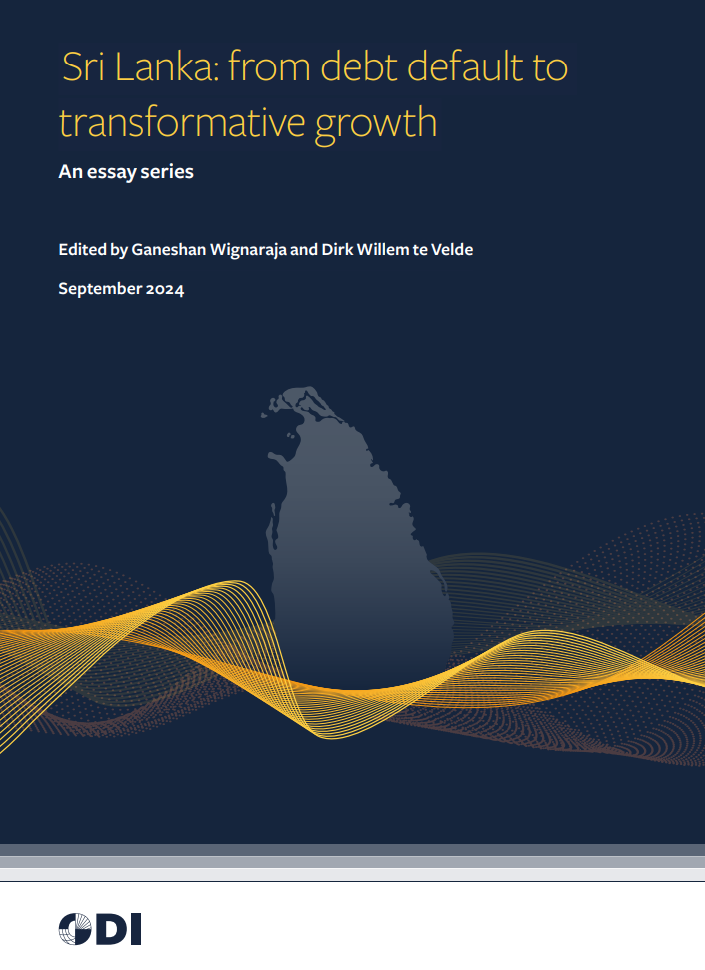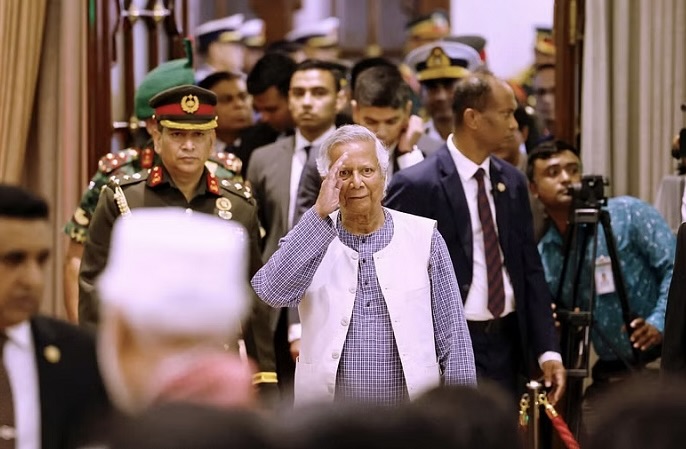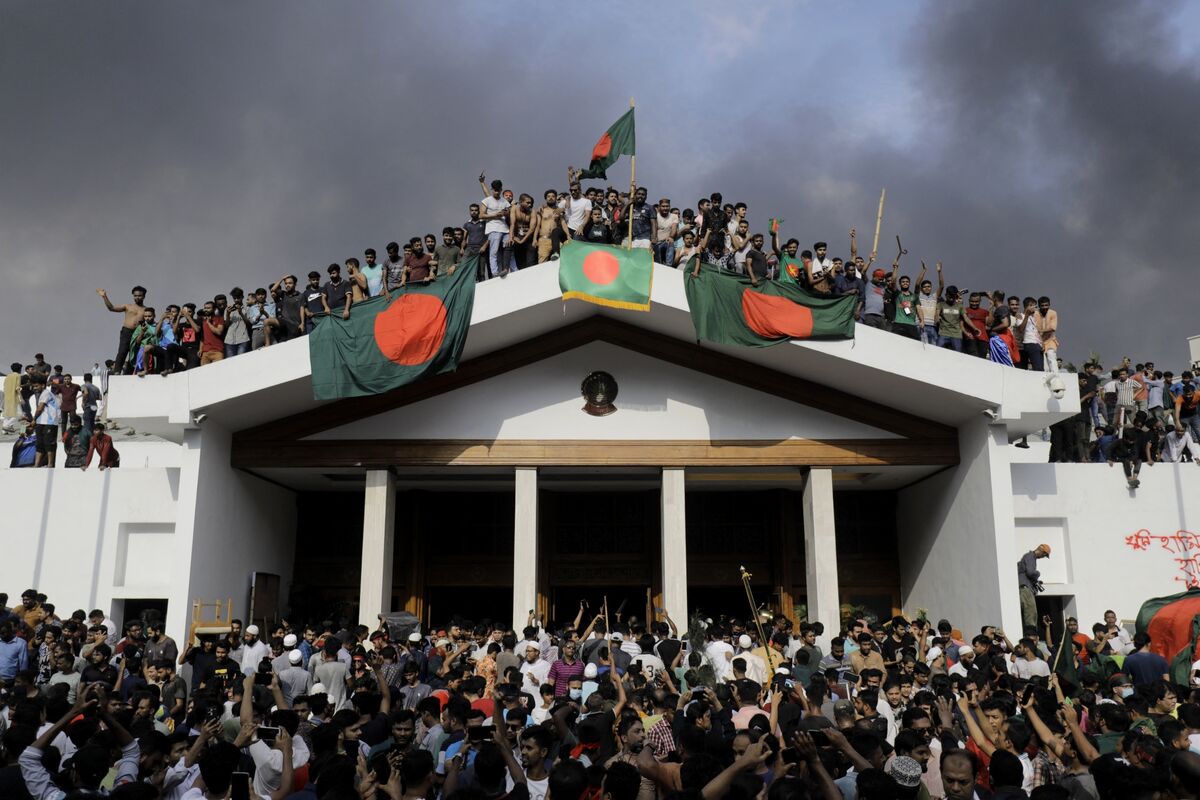The pivotal presidential election in Sri Lanka
The economic agenda is the key issue in the Sri Lankan Presidential elections to be held on Sept 21. This island nation is seeking a return to prosperity through relief from onerous debt, reduced corruption, an effective bureaucracy, and constitutional and economic reforms. The five principal players in the race, however, have varied agendas that may not fulfil all of the people’s needs and desires.










